The Moustached Journalist says;
With the soc and sac of an erudite legal practitioner, Ezeaku Amobi Esq. in one of his voluminous articles Contractual Stability, Nigerian Football Clubs v Players: Stabilizing The Stabilizer outlined below the relevant applications of contingency plan in the issues of professional football contracts, mostly between football clubs and players in the Nigeria Premier Football League (NPFL).
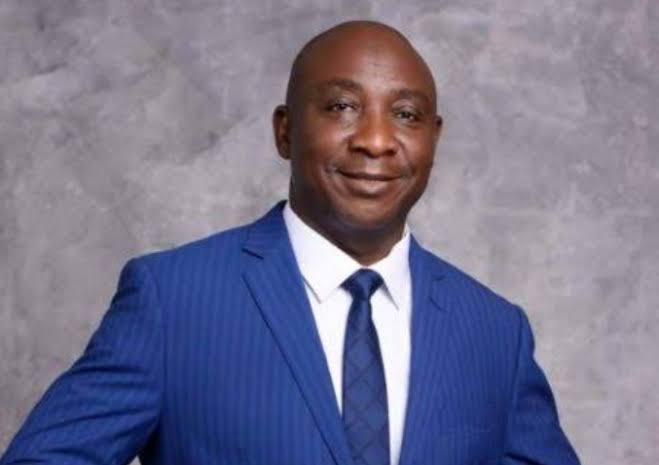
Contractual stability is one of the major criteria for all parties to a contract, in the world of football, to the football club on the one hand and the football player on the other hand. Stability allows certain terms and conditions of relationships to be fixed, which reflect on the interests of the parties and enable them to take into account the economic efficiency of a deal.
By Article 2 (2) of the FIFA Regulations on Status and Transfer of Players, players are either considered amateurs or professionals. The well-drafted Regulation clearly defines a professional as a player who has a written contract with a club and is paid more for his footballing activity than the expenses he effectively incurs.
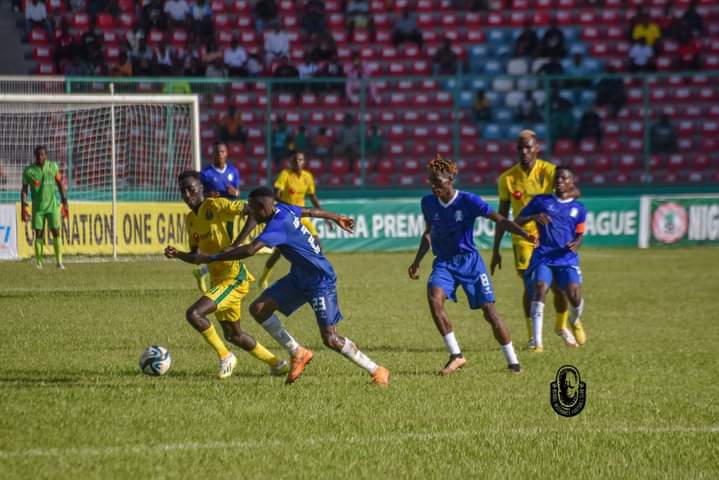
Thus, all of the differently designated contracts such as agreements of “apprenticeship”, “training” or “scholarship” will be categorized as either amateur or professional. Since the introduction of the new Regulation in 2001 (Revised two times, in 2006 and 2010), the so-called “federative rights were replaced by the concept of contractual stability. Under this concept, the link between a player and the club is principally based on a contract instead of registration. Hence, a written contract of employment is the instrument which regulates the relations with professionals, but not with amateurs.
Afolabi Elebiju and Omovefe Oghotomo, two sound legal counsellors and writers in their article Nigeria: ‘For The Good Of The Game’: Commercial, Legal, & Regulatory Issues In Nigerian Football also contributed viewpoints to the beneficence of existing contractual stability in the framework regarding the business aspect of a football league.
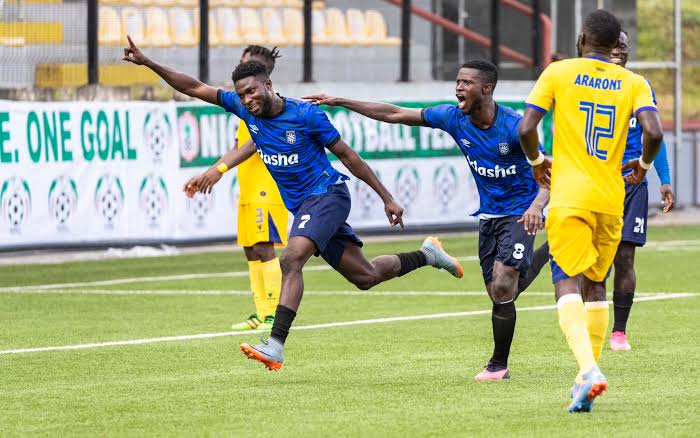
In Europe, the ‘Bosman ruling’ (given in 1995), enabled football players to leave clubs within the EU without requiring a transfer fee. Accordingly, players could see out their contracts and move to other clubs on a free transfer. In light of this, the Federation of International Football Association (FIFA) decided to make various provisions protecting players’ contracts through the FIFA Transfer Rules (FTRs).
According to Article 13 of the FTRs, any contract between professional soccer players and a club may only be terminated upon the expiry of the term of the contract or by mutual agreement. However, Article 14 of the FTRs provides that a contract may be terminated by either party without any consequences either through payment of compensation or imposition of sporting sanctions where there is a just cause. Article 17 of the FTRs goes further to state that when a contract is terminated without just cause, the person in breach will have to pay compensation.
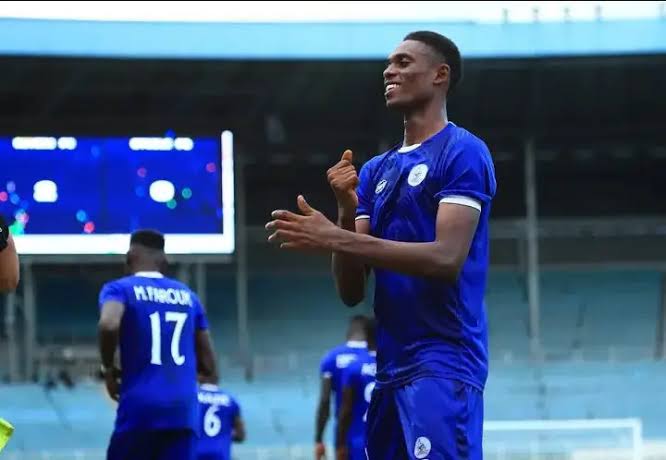
The contract which creates the very sacred link between a player and the club is vital in the modern era of football as all eyes go back to that link in cases of breach as also stipulated in the NPFL Framework & Rules that was propounded in 2015 by the defunct League Management Company (LMC).
Amobi further stated that this principle of contractual stability is of paramount importance in the world of football. It is at the basis of an efficient transfer system characterized inter alia by the redistribution of wealth from big to small clubs as well as by secured investments in youth development. If the principle of contractual stability is very well understood by clubs, players and all stakeholders in the football world and put into practice, the level of growth both at the amateur and professional levels of football in Nigeria will be enviable.
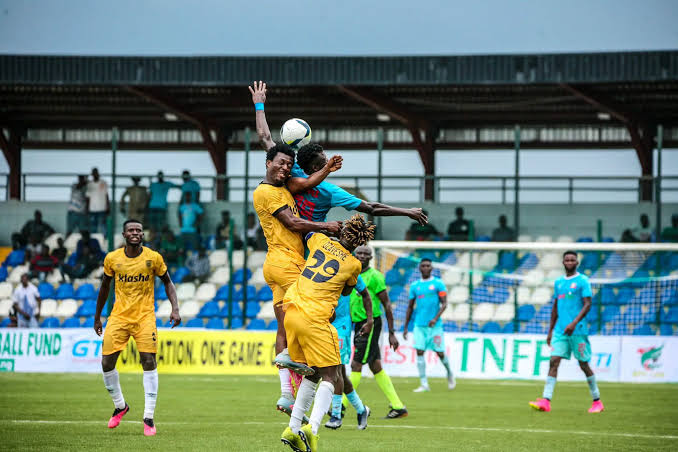
Under the current FIFA Transfer Rules, compensation must be paid in case of unilateral breach of an employment contract in football and such compensation is calculated by taking into account the relevant national law and by referring to objective criteria. In Nigeria, the Nigeria Football Federation (NFF) and the now League Management Committee (LMC) primarily look at issues about the contracts between a club and a player at the various league levels. Interestingly, the NFF and the LMC have been making tireless efforts towards stabilizing the contract regime, especially between clubs and players in Nigeria’s topmost football league.
The difficulty arises when the record systems adopted by clubs are very poor. Most contracts entered into between clubs and players in Nigeria’s topmost football league are not stable because of how the contract was entered into and the nature of the terms and conditions of the contract.

Most players append their signatures to unfavourable contracts because of the economic situations prevalent. Some others do so under duress and undue influence. In the long run, when the speck falls off the eyes and the player can no longer cope with the situation at hand, a breach of the terms of the contract becomes imminent and inescapable.
The doctrine of stability of contract therefore becomes defeated. Curiously, Article 13 of the FIFA Regulations on the Status and Transfer of Players headed Respect of Contract provides that a contract between a professional and a club may only be terminated upon expiry of the term of the contract or by mutual agreement.
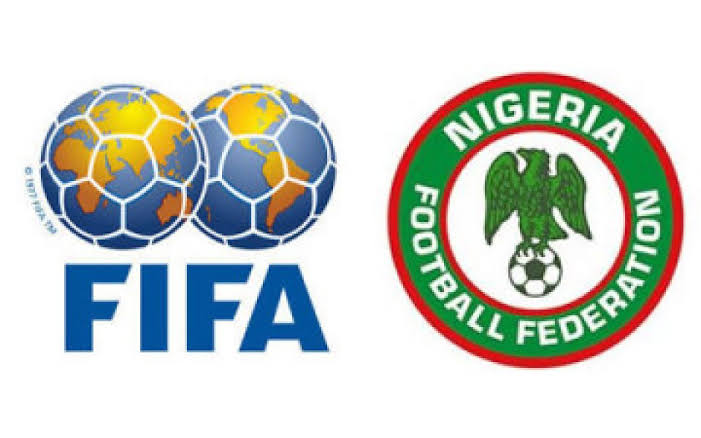
Elebiju and Oghotomo also buttressed the provision as stated in Section 21(b) NFF Act that there should be an appropriate, legally binding agreement between registered football clubs and professional football players who shall have the benefit of the services of legal advisers during negotiation. In practice, there seem to be many irregularities in the Nigerian sports sector and low awareness of the legal requirements, especially on the part of players.
For example, most football clubs take players from academies without the proper contractual agreements between the clubs and the players, meaning that the clubs do not in the real sense ‘own’ the player being sold to them because the contract is not well structured. In Brazil, a rule, ‘Pele’s law’, was introduced in 1998 – it established that professional football players must enter into employment contracts with sports clubs that are in written form, specifying the names of the respective contracting parties and the due remuneration.
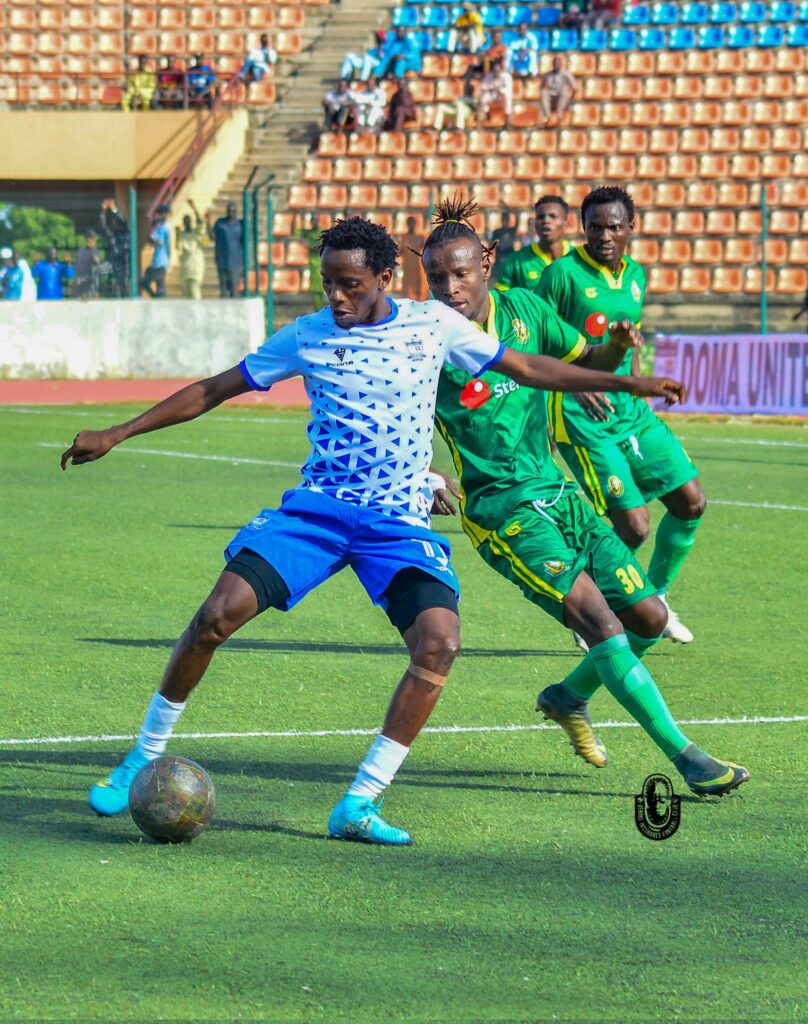
On its part, Rule 9.49, Nigeria Premier Football League Framework & Rules (NPFLR) 2015, states that “a contract between a club and a player shall be signed in each case in the presence of a witness by the player; the player’s parent if the player is under the age of 18 years; and an authorised signatory on behalf of the club.” However, this does not seem to be widely observed in Nigeria.8 Hence, for any player whose club does not provide a valid contract then it is advisable that such a person should seek legal advice before embarking on any deal with the club.
Another major concern is the minimum wage football players are presumed to earn. Rule 9.42 of the NPFLR states that the minimum wage should not be less than N150,000 per month. (It will not be surprising if) this rule has however been kept more in default than compliance. Although the NPFLR stated that any club that cannot meet this rule should not be allowed to participate in the league, it cannot be said to be so in reality.
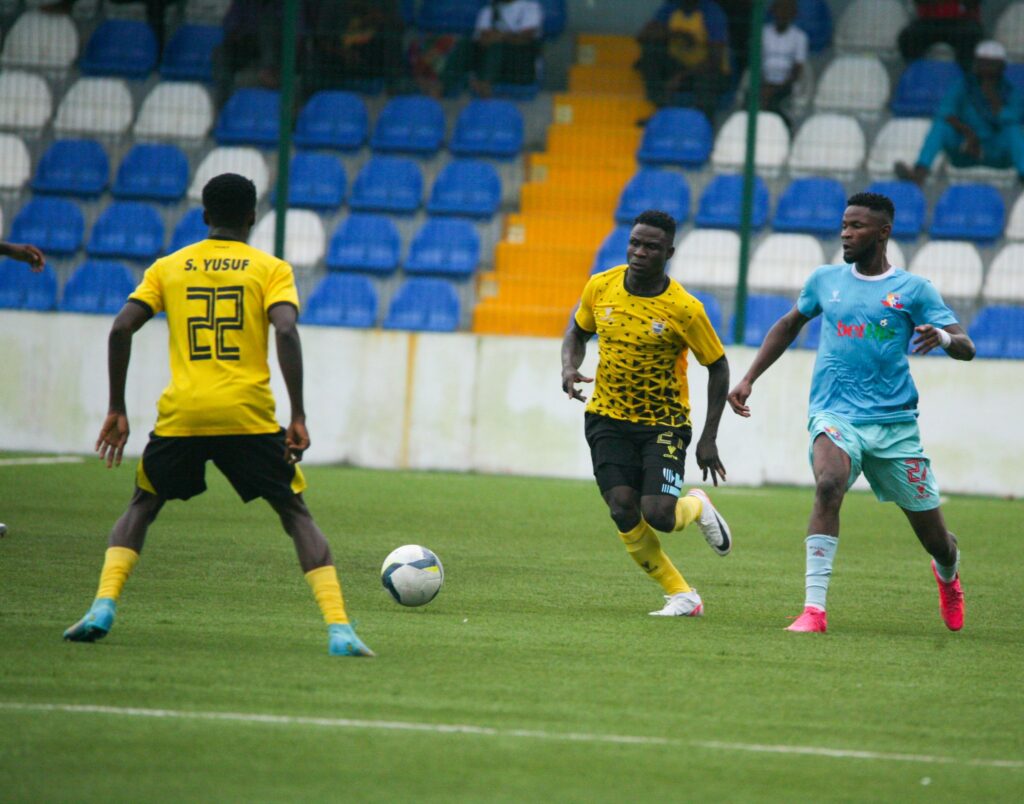
Rule 9.51 of the NPFLR states that clubs shall submit to the LMC, copies of all contracts with players within five (5) days of their being entered into. This is another rule which is not often adhered to and hence there should be a financial penalty put in place for clubs that default. If any club cannot submit the contracts entered into with their players, then such a club should be banned from participating in the league for that season. The LMC is in pole position to ensure adherence to this rule.
Amobi claimed that there is no clear provision was made in the statute according to the player’s right to terminate their employment contract; rather Article 17 of the Regulations provides an exception to the stability doctrine and deals with the consequences of terminating an employment contract without just cause. Nigerians must know that if contracts are not adhered to and respected by parties the effects on the league and football economy are always harsh.

To make the doctrine of contractual stability workable in Nigeria, contracts in Nigeria should be properly crafted with emphasis on typical clauses and the significance of such clauses. The Association of Professional Footballers of Nigeria (APFON) also must be up and doing in its role towards the protection of players’ interests. Again, if clubs elect to include a termination clause or a unilateral option in the contract, players must be offered the opportunity to take independent legal advice before entering into the contract. This will give players a greater knowledge of the situation.
